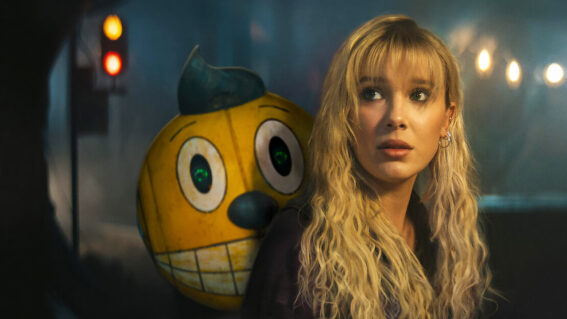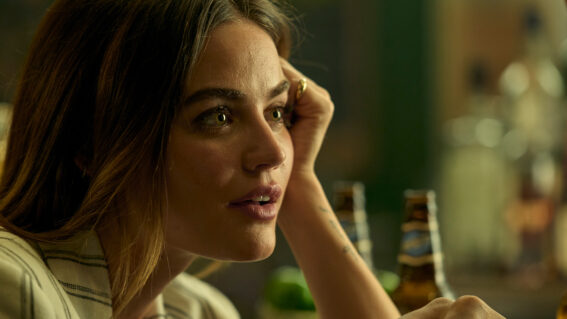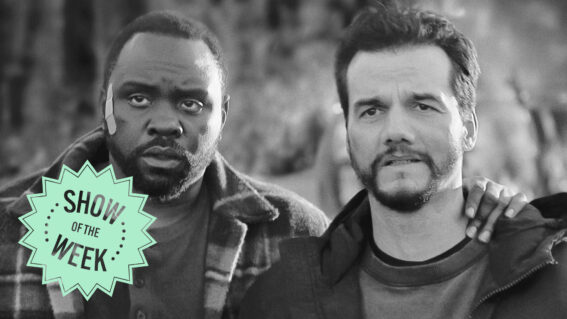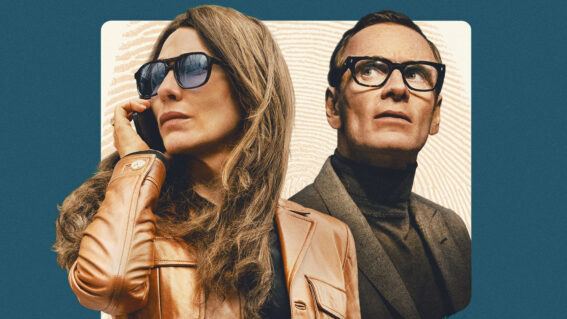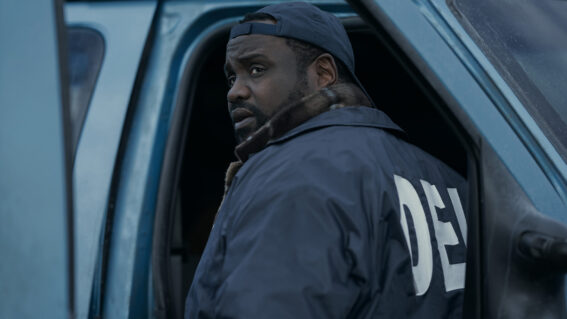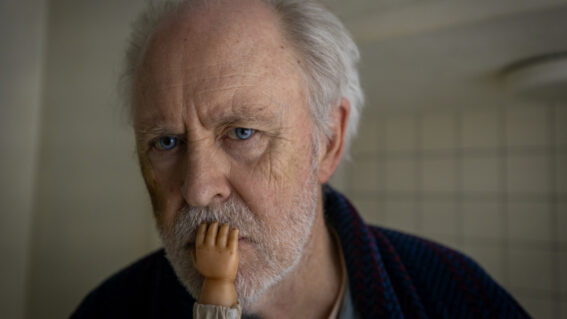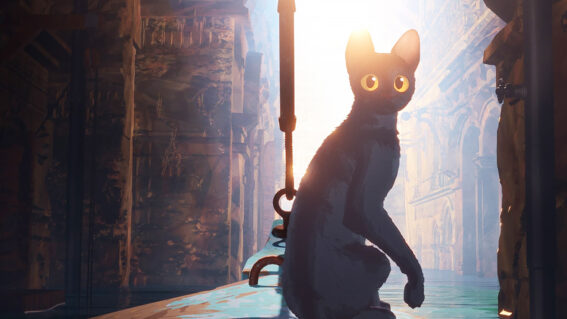A stunning new collection of documentary films and series comes to Neon
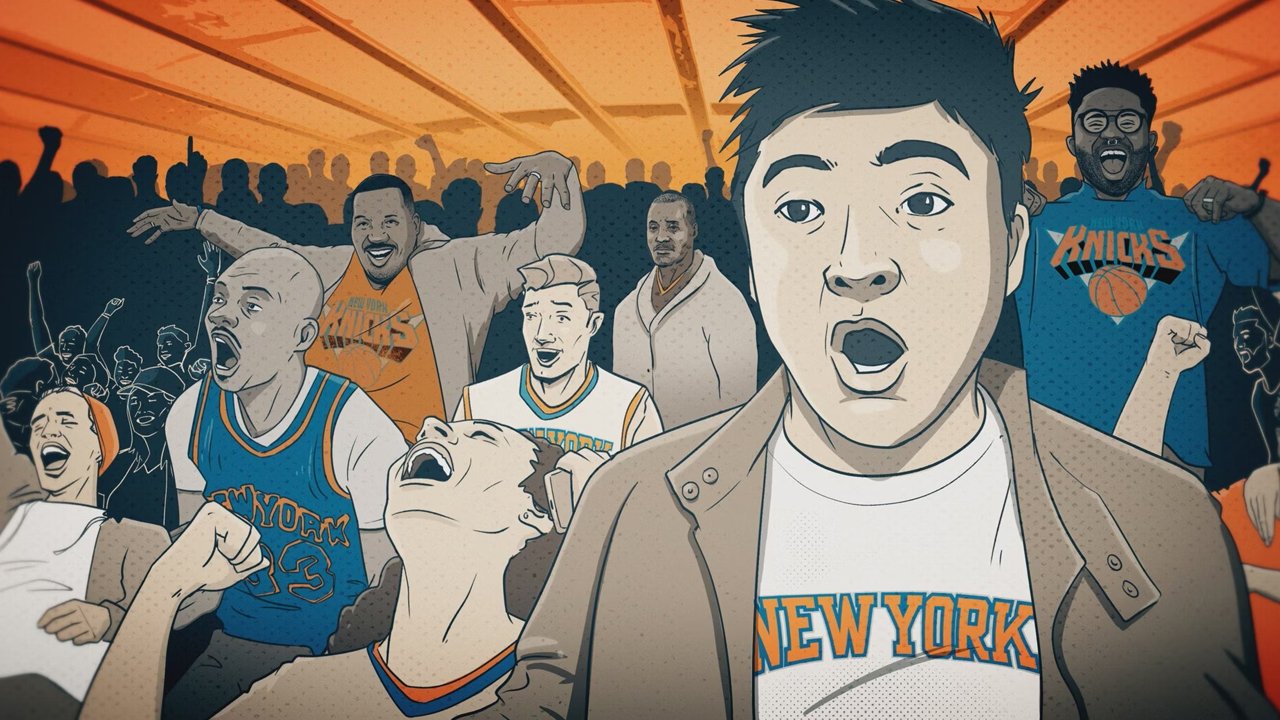

Truth is stranger than fiction (and more interesting too), as seen in stunning new collection Documentary Spotlight – streaming on Neon. Steve Newall looks at some of the highlights.
This November, Neon premieres a fascinating collection of documentary series and features, spanning a wide range of subjects and approaches. We’ve broken them down into key topics, to preview some of the great (OK some of the subjects might be not-so-great) real-life stories you’ll be able to watch this month.
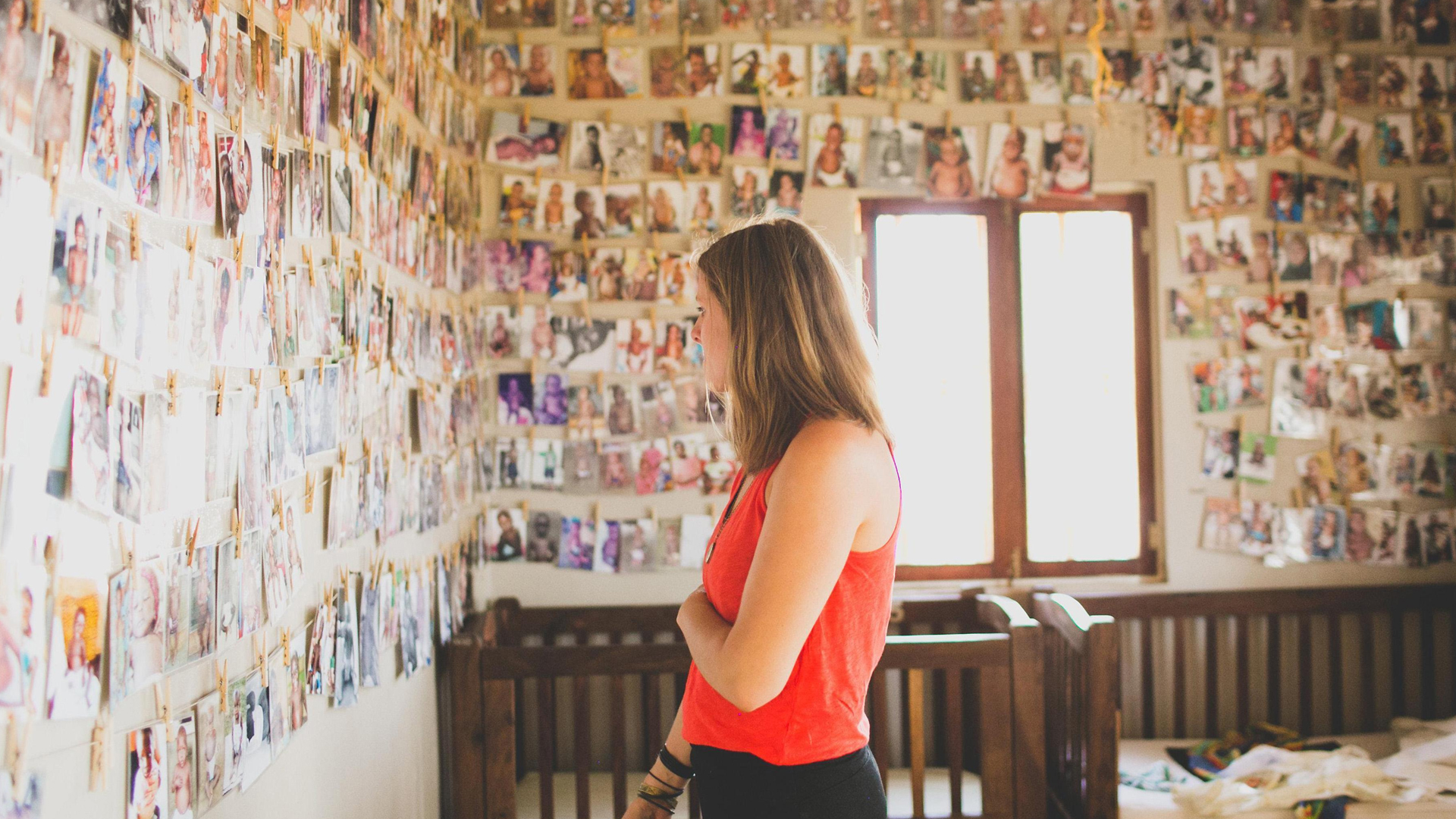
Crime
One of Neon’s biggest docos this month is three-part HBO investigation Savior Complex. At first glance, a look at a Christian nonprofit organisation helping Ugandan families in need might seem a strange choice to label “crime”, but there’s no other way to describe the deaths of over a hundred children under the care of charity Serving His Children. Renee Bach founded the charity in 2009 to provide free meals to families in need, but over time the former evangelist missionary expanded her organisation into medical treatment—despite having no training. Seemingly a living embodiment of the series’ title, Bach appears here in interviews, but crucially had no further involvement besides giving an account of her incredibly questionable actions. Whether Bach deserves such a platform is open to debate, but what is unquestionable is the need to share the scale of this tragedy, and spotlight what its executive producer calls “the latest wave of colonialism”.
Also from HBO, the woman who’s alleged to be behind the infamous Bling Ring burglaries speaks for the first time in The Ringleader: The Case of the Bling Ring. As seen in Sofia Coppola’s 2013 film (yes, The Bling Ring), this was a group of youngsters who broke into the homes of Hollywood celebrities. Was their initial crime just being too obsessed with fame? That may be so, but by the time they were caught, the Bling Ring had reportedly staged over 50 break-ins, and stolen millions in cash and belongings. Fifteen-odd years later, Rachel Lee breaks her silence to share her version of events with the benefit of an adult perspective, though getting her to open up honestly sounds as difficult as getting her to say “yes”. “It took about a year to get her onboard,” director Erin Lee Carrs told The Guardian. “And it took a very, very, very long time for her to actually tell me things that were the truth.”
Of course, when you think about crime docos, the true crime subgenre doesn’t take too long to spring to mind. Neon has two very different, but both very interesting-looking, docuseries streaming this month, each of which focuses on a multiple murder. Murder in the Alps follows a break in the case investigating the roadside murder of three British family members and a French cyclist in 2012. Much speculation followed the shooting, which saw the family’s two young daughters survive the attack—including a theory that the father’s work as an engineer in Iraq was connected.
Another shooting, this time in a Range Rover on a small farm track, forms the basis of Essex Murders, looking into the killing of three drug dealers and the massive investigation that followed. This 1995 crime inspired 2000’s Sean Bean-starring film Essex Boys, as well as several instalments of the Rise of the Footsoldier franchise. This new docuseries promises “a heady mix of murders, gangs, and 90s rave music”.
Over a one-year period, new recruits to the Navajo Police Training Academy are followed in Navajo Police: Class 57, another HBO docuseries. The undermanned and underfunded force trains new recruits for the difficult task of policing a region that’s seen a surge in post-pandemic crime—and has a brutal history of ethnic cleansing by the federal government. The series introduces us to the new crop of recruits, follows them through their grueling training, and then into the field where they come face to face with the interwoven factors of rising crime and increasing neglect.
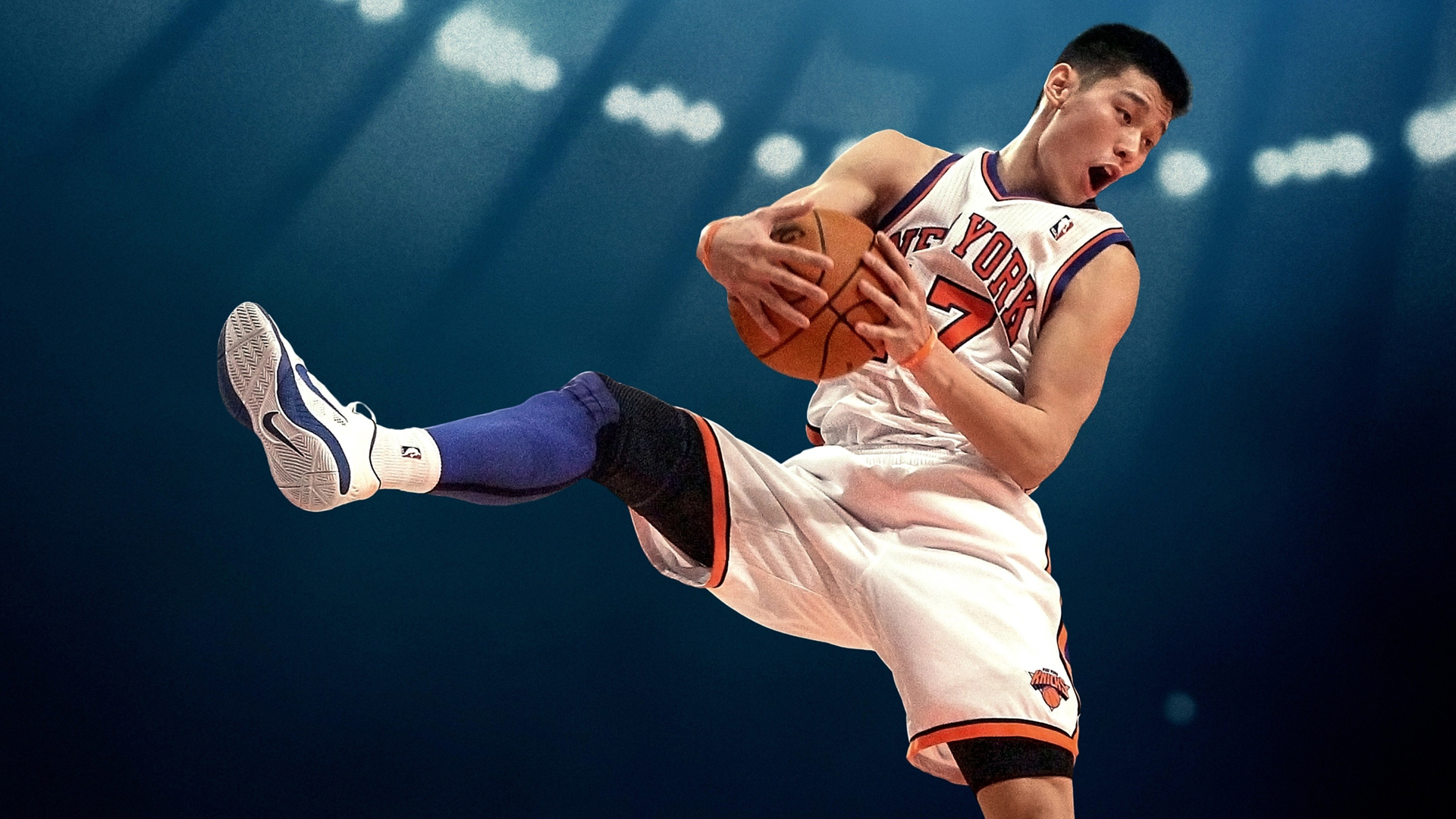
Sport
Back in 2012, the rise of a new basketball star was accompanied by a phenomenon dubbed Linsanity, with Jeremy Lin’s feats inspiring a generation of Asian Americans. Perhaps the standout achievement among them, was the night the New York Knicks defeated the Los Angeles Lakers at Madison Square Garden—with Jeremy Lin scoring 38 points for the Knicks. A decade later, HBO doco 38 at the Garden captures Lin’s amazing journey with the Knicks that season, including that incredible game against the Lakers, and looks at how Lin’s success upended certain stereotypes—something Lin is also seen working to achieve today, in efforts to combat rising hate against Asian Americans in a resurgently racist America.
A superstar boxer is the subject of revealing documentary The Golden Boy: Oscar De La Hoya. Across two episodes, this recounts De La Hoya’s rise to become a superstar pugilist—and his life after fighting, working towards building a business empire. But, as The Golden Boy explores, De La Hoya was battling destructive demons, fueling several scandals that threatened to upend everything. Ecuadorian director Fernando Villena focuses on his subject’s complex relationship with his parents, and also the impact of fame and fortune—with the former boxer reportedly sitting for over 30 different interview sessions for the film.
BS High could easily have been filed under the crime section above. The initials stand for Bishop Sycamore, but are easily replaceable with another B and S word combo—fitting for a school that competed in a high school match televised on ESPN, and was annihilated 58-0 by their opponents… Something was definitely amiss, and the harder anyone looked into Bishop Sycamore and its coach Roy Johnson, the weirder it became. Johnson is interviewed for this documentary, framing his work with the team as a huge achievement in building something out of nothing. But what if nothing was really… nothing? Suspicions mounted before the ESPN match, but after the drubbing, the floodgates opened—what’s revealed is a scarcely believable tale of fraud and hubris.
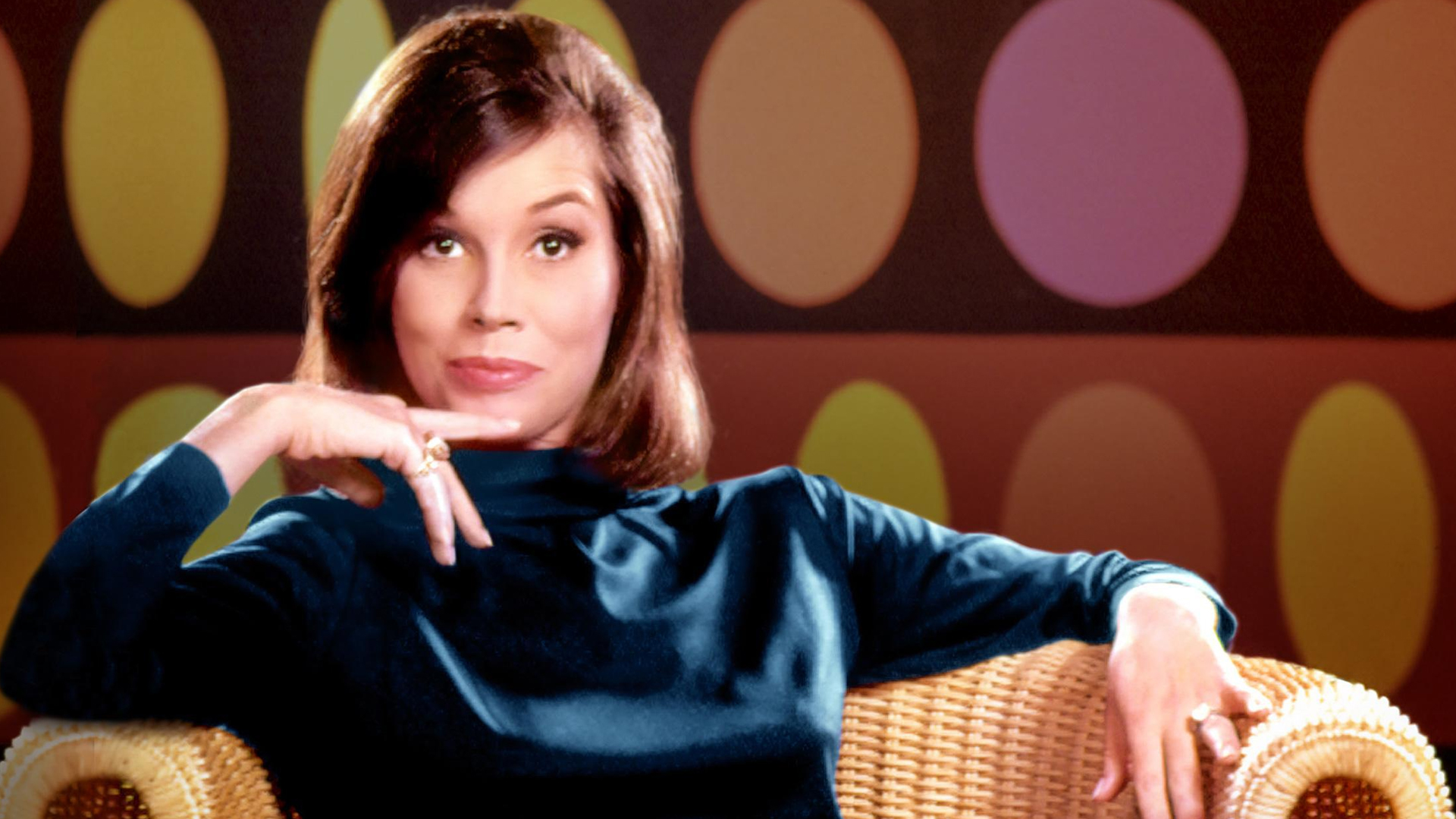
Biography
In a two-hour documentary for HBO, Emmy Award-winning producer James Adolphus chronicles the career of Mary Tyler Moore, the actor who broke ground on and off the screen with starring roles in sitcoms The Dick Van Dyke Show and The Mary Tyler Moore Show. Tracing the beats of Moore’s career, as well as pulling back the curtain on her troubled private life, Being Mary Tyler Moore blends vintage TV clips with new audio interviews (with the likes of Oprah Winfrey, Julia Louis-Dreyfus and Phylicia Rashad) and personal archival footage—courtesy of Moore’s third husband Robert Levine, who is an executive producer here.
The 2019 memoir by Oscar-winning screenwriter Dustin Lance Black (Milk, J. Edgar, Under the Banner of Heaven) is adapted in documentary form for the screen in Mama’s Boy. Black is followed as he travels to places from his childhood, exploring his roots and paying tribute to his mother Anne, whom Black credits for sparking his activism. Black, who grew up gay in the Mormon church, recounts plenty of challenges in this biographical documentary, including sharing painful recollections of childhood with his younger brother Todd. But alongside the difficulties chronicled, Mama’s Boy doesn’t ignore the heartwarming and inspirational relationship at its centre.
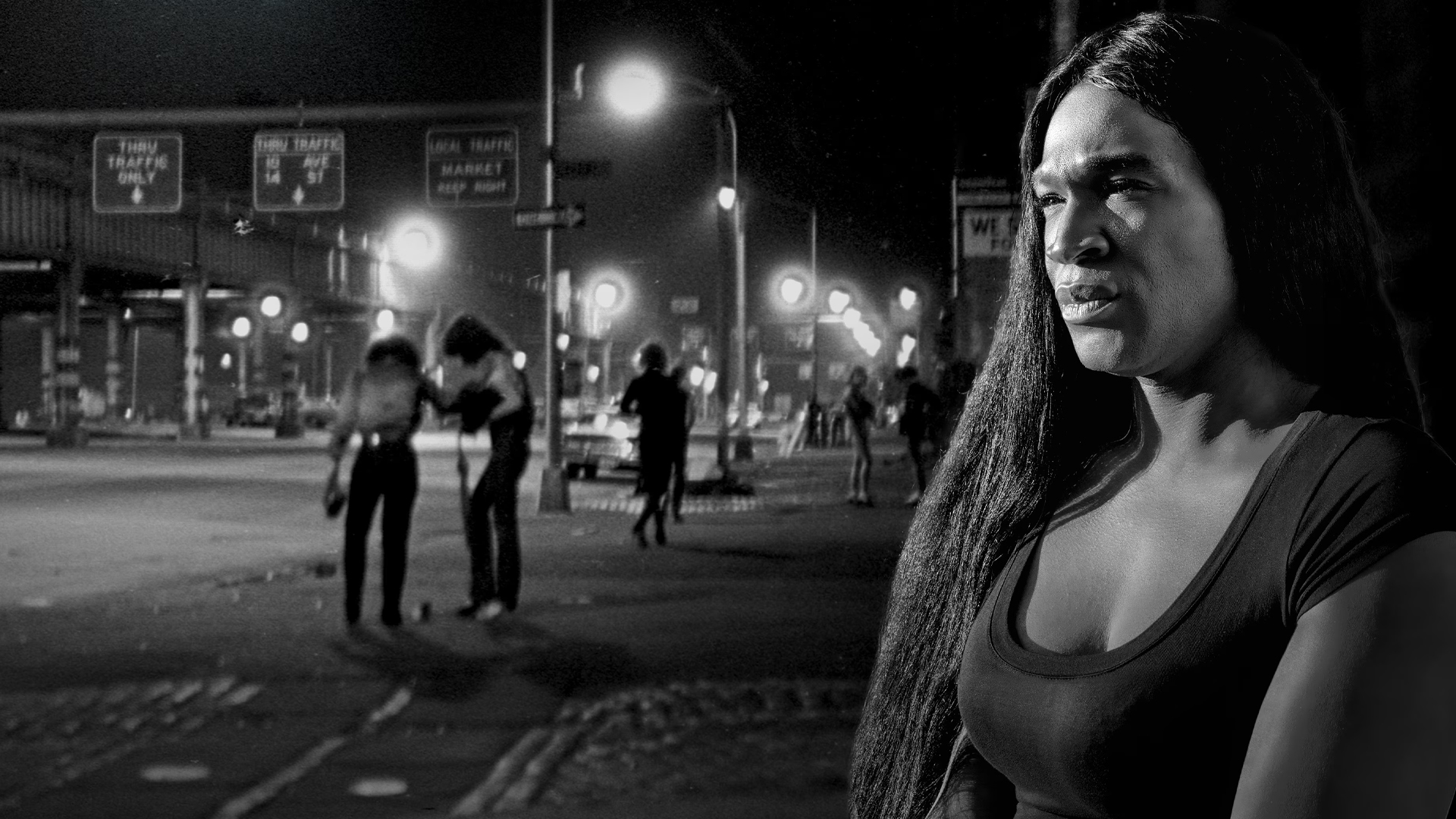
And more…
Look, you can’t always fit real life into nice, tidy boxes—so why should documentaries be any different? Elsewhere among Neon’s Documentary spotlight you’ll find titles that perhaps aren’t so easily categorised alongside others…
New York’s Meatpacking District began its economic decline in the 1960s. By the ’80s, it was the place to go in Manhattan to buy drugs or seek sex workers. HBO documentary The Stroll sees one of these sex workers reclaim their narrative—co-director Kristen Lovell sharing their personal experience, and that of other Black and Latinx trans sex workers who would ply their trade in an area known as The Stroll. Through archival video and news footage and interviews with trans women who survived 80s and 90s New York, a story of adversity and found family emerges, one that recounts a period that’s both an important part of queer history and that of pre-gentrification New York.
In shades of the fictional shark issues plaguing Amity in the Jaws pics, After the Bite sees the residents and tourists of Cape Cod grappling with a rising amount of great white shark sightings—including, tragically, the death of one young man at a local beach. This doco heads out onto the water with fishermen and tracks the work of scientists, trying to understand the scale of shark danger, and learn more about the science behind their increasing presence. Taking a step back from the hyperbole of Shark Week-style documentaries, what emerges is a more sober, less tabloid look at competing use of ocean ecosystems—an environment that is likely to see more encounters between humans and sharks as global warming increases.
Driven by a curiosity to better understand his own children, comedian W. Kamau Bell explores the joys and challenges of growing up mixed-race in modern-day USA, through a series of interviews with multiracial kids—including his own. 1000% Me: Growing Up Mixed sees Bell sit down with a number of different families from around the San Francisco Bay Area, as well as seeking expert input. A deeply personal project for Bell and his own family, and one which sees both anticipated and unexpected challenges shared onscreen, 1000% Me also paints a picture of a rich community, finding plenty to celebrate as it examines how different families have come together.
Responding to students’ obsession with academic performance rankings, Granite Bay High School’s director of theatre arts and musical director collaborated on a musical tackling the phenomenon. From its humble beginnings with a ten-day run of shows staged by Granite Bay, Ranked captured the attention of schools across the USA. My So-Called High School Rank started as a look at the musical’s runaway popularity through the eyes of students gearing up to perform it, as well as an examination of America’s academic ranking system—and then COVID arrived. The result for this documentary was a shift in focus, taking a deeper dive into the lives of its subjects as the pandemic exploded, exploring a new landscape of remote learning and anxiety, in which social unrest was also on the rise.
















